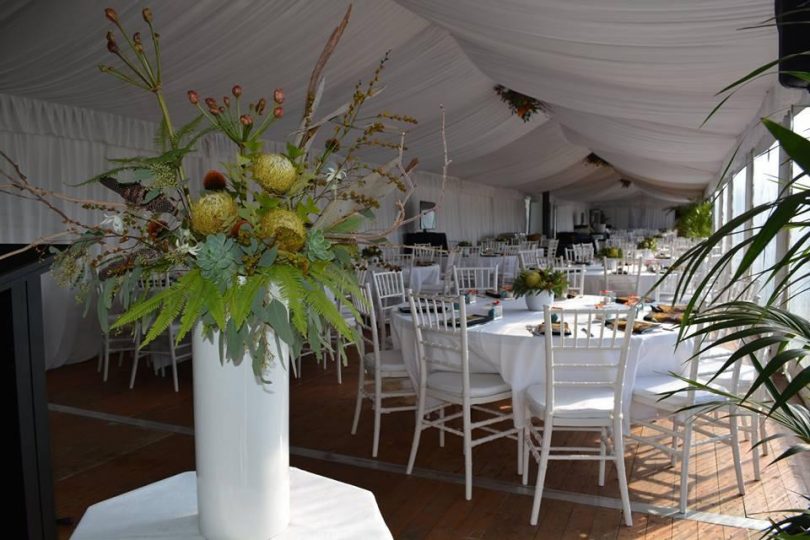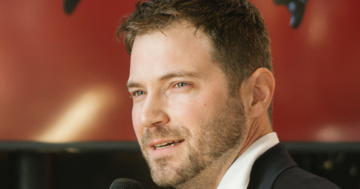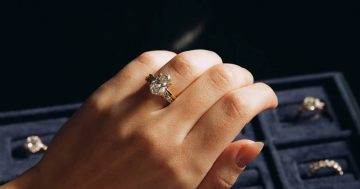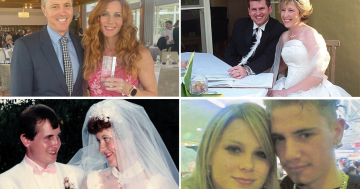
It’s a great excuse for an awesome party, but does marriage have a tangible impact on a relationship’s validity? Photo: Danielle Cleary Events.
When I was growing up in an Indian-Muslim household, marriage was a foregone conclusion for my future.
Of course I would get married, and ideally, it would be to a fellow Indian Muslim, so our shared culture could form the foundation for our relationship.
Today, I am an out-and-proud atheist and have been ‘living in sin’ for the past decade with my non-Indian partner, and my views on marriage have been defined more by what it doesn’t mean to me than by any belief in its value.
I can’t see what impact marriage would have on my relationship in terms of either signifying its validity or formalising our financial obligations to each other. We already own property together, share a bank account for our expenses, and have every intention of being together for the foreseeable future. Like all relationships, we can’t predict what the future will hold, but if we were to break up, we’d have to detangle our enmeshed lives much like a married couple would (though perhaps without the stigma of divorce).
So as far as I can see, there’s not a measurable difference between our unmarried status and that of our married friends (other than, in almost every case, that we’ve been together for longer).
But the difference lies, it appears, in how people perceive our relationship. Over the past few years, as we enter our 30s, more and more of our friends are getting married. These are people who are fairly unconventional in their social and political views, but the tradition of marriage has remained relevant to them despite most other conventions being discarded early on.
As a cohort, we all espoused anti-establishment views about marriage when we were younger – ‘it’s a patriarchal institution! It symbolised the transfer of ownership of a woman from father to husband! Until marriage equality is a reality for LGBTQIA+ people, I would never get married!’
But one by one, most of my peers have capitulated and gone for the ring as the next milestone on our journey into adulthood.
I love a good wedding celebration, so I’m wholeheartedly excited for my friends when they get married and enjoy coming together to celebrate their relationship with their loved ones. But I don’t know that I see the institution as being about much more than the party. What’s the point, really, beyond having the fun night out and getting dressed up? Does marriage have a tangible impact on a relationship’s validity?
Based on my experiences, it certainly does when it comes to perceptions.
Recently, in a conversation about my future plans, my father started a sentence with, “I don’t know how serious your relationship is, but …”
This jab is definitely targeted at the fact that I remain unmarried, and it’s obviously largely influenced by our cultural expectations in my family. But it echoed the general vibe we get these days as one of the only unmarried or not-engaged couples in our circles. Personally, I’m ambivalent about whether marriage lies in our future (and my primary hesitation is based on stinginess and not wanting to spend the money on the wedding). However, I find it interesting that it still holds weight in terms of social acceptance of a couple’s relationship.
Why is this? How does a marriage certificate signify a stronger commitment than the internal one we make when we wake up every day and keep choosing to be with our partner? Does it really make a difference in how you think about your relationship once married versus just being in a de facto partnership? I’m genuinely curious – if you’re married, why? And if not, why not?





















